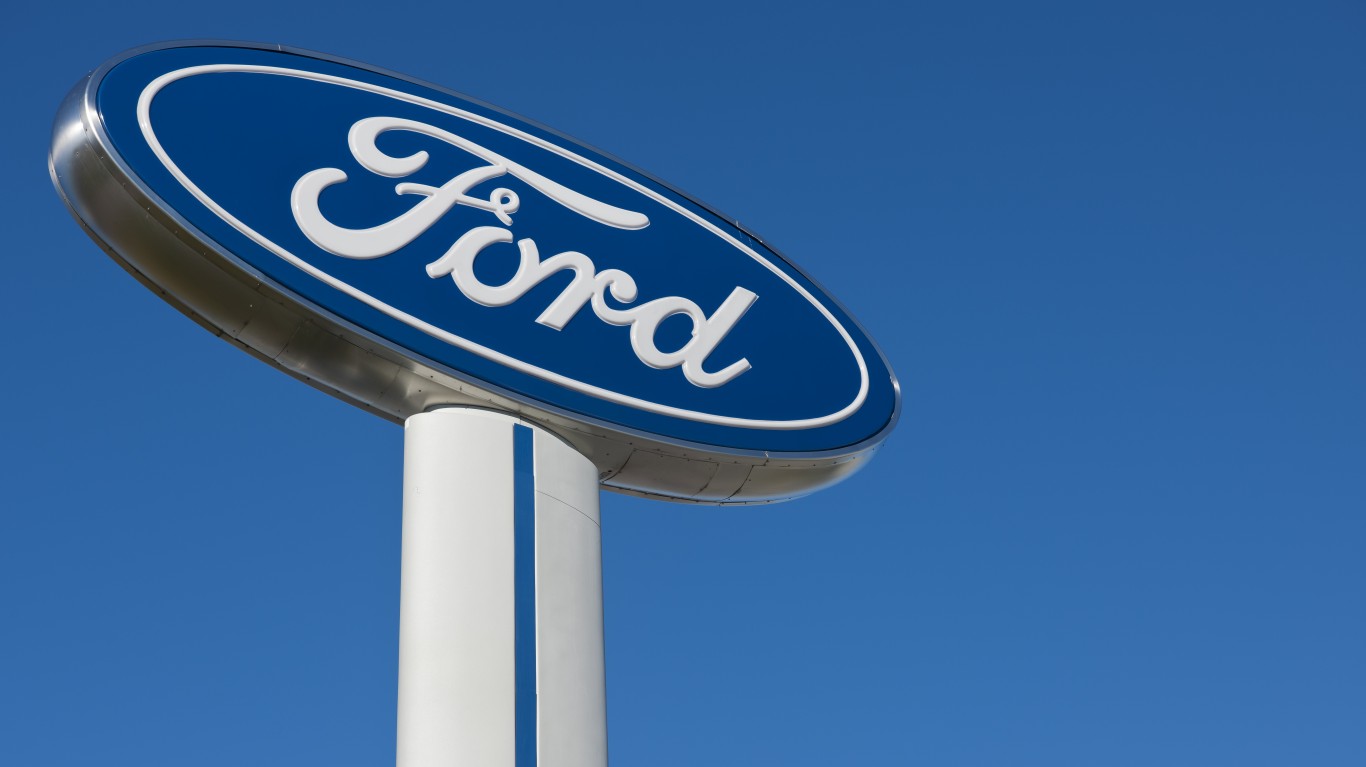
The history of American business has several companies that simply imploded. The best recent example is Enron. The energy company once sat near the top of the Fortune 500. Enron claimed $101 billion in revenue in 2000. Accounting fraud caused Enron to file for Chapter 11 in late 2001. A huge portion of the revenue was fake.
This year, a company smaller than Enron, but perhaps as troubled, fell apart in a matter of weeks. Lordstown Motors Corp. (NASDAQ: RIDE) promised to build among the first widely available electric pickups. The market for pickups in general in the United States is huge. General Motors Co. (NYSE: GM) thought enough of the company to loan it $40 million to buy the GM plant in Lordstown, Ohio. GM made a $75 million investment when Lordstown went public.
Enthusiasm about the company was so great that it became a public corporation when it “reverse merged” with a special purpose acquisition company (SPAC) on October 23, 2020. One reason investors flocked to Lordstown was that it had so many advanced orders for its trucks. A report from Hindenburg Research in March said the Lordstown figure on pre-ordered trucks was fake.
At its peak, Lordstown had a market capitalization of $5 billion and a stock price of $32. The charges of poor financial management and potentially overstated orders caused the chief executive and founder, Steve Burns, as well as Chief Financial Officer Julio Rodriguez, to resign on June 14. Almost immediately after, the board announced that the orders for its trucks were not firm at all. According to Reuters:
[I]n a filing with the U.S. securities regulator on Thursday, the company said, “although these vehicle purchase agreements provide us with a significant indicator of demand for the Endurance, these agreements do not represent binding purchase orders or other firm purchase commitments.”
Lordstown shares dropped to $10. It does not have the funding to build any trucks, and it faces an avalanche of shareholder lawsuits. The final chapter of Lordstown may well be a Chapter 11 filing.
While Enron was a much bigger company than Lordstown is, and one in another industry, they share some things in common. It is unimaginable that the Lordstown board failed to delve far enough into its business and finances to see the severe problems. It is almost as irresponsible that GM did not do so either.
It remains to be seen if Burns will face charges, either civil or criminal. Whatever happens to him, Lordstown almost certainly has no future. It is the worst managed American company this year and may be the worst managed of the decade so far.
100 Million Americans Are Missing This Crucial Retirement Tool
The thought of burdening your family with a financial disaster is most Americans’ nightmare. However, recent studies show that over 100 million Americans still don’t have proper life insurance in the event they pass away.
Life insurance can bring peace of mind – ensuring your loved ones are safeguarded against unforeseen expenses and debts. With premiums often lower than expected and a variety of plans tailored to different life stages and health conditions, securing a policy is more accessible than ever.
A quick, no-obligation quote can provide valuable insight into what’s available and what might best suit your family’s needs. Life insurance is a simple step you can take today to help secure peace of mind for your loved ones tomorrow.
Click here to learn how to get a quote in just a few minutes.
Thank you for reading! Have some feedback for us?
Contact the 24/7 Wall St. editorial team.
 24/7 Wall St.
24/7 Wall St.



